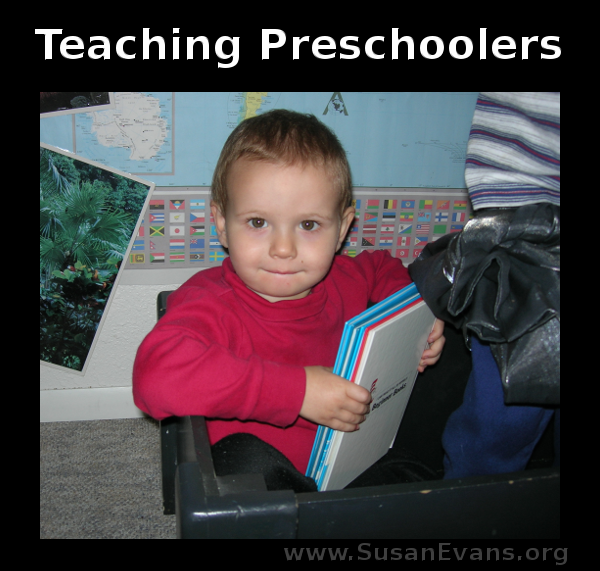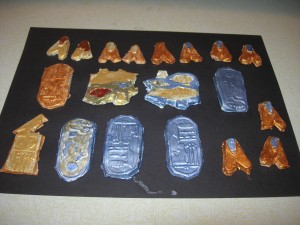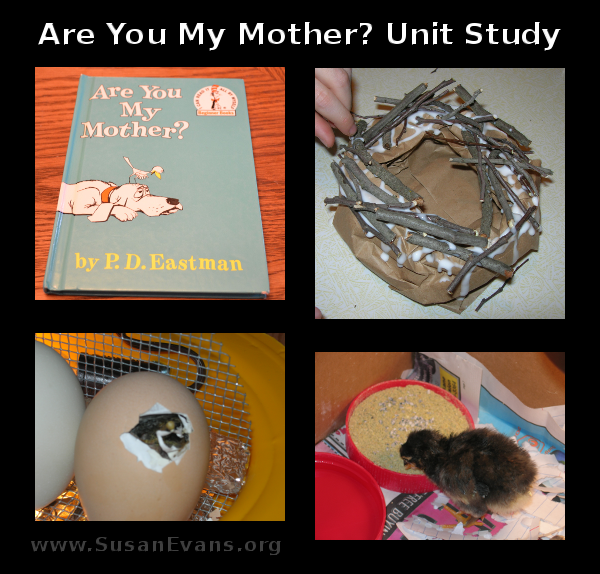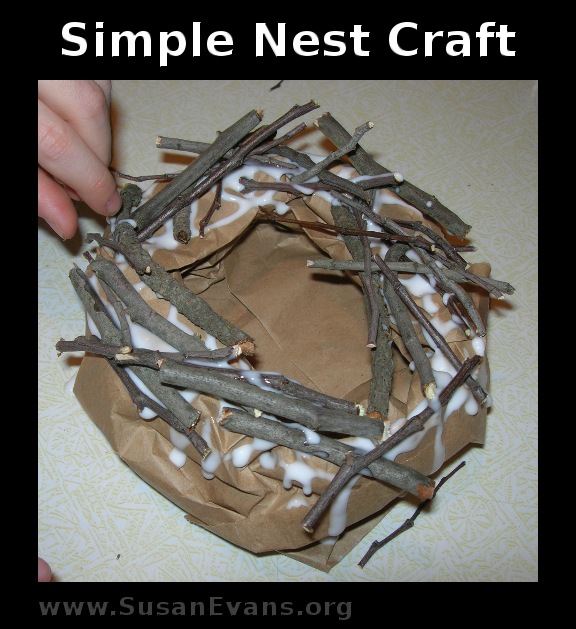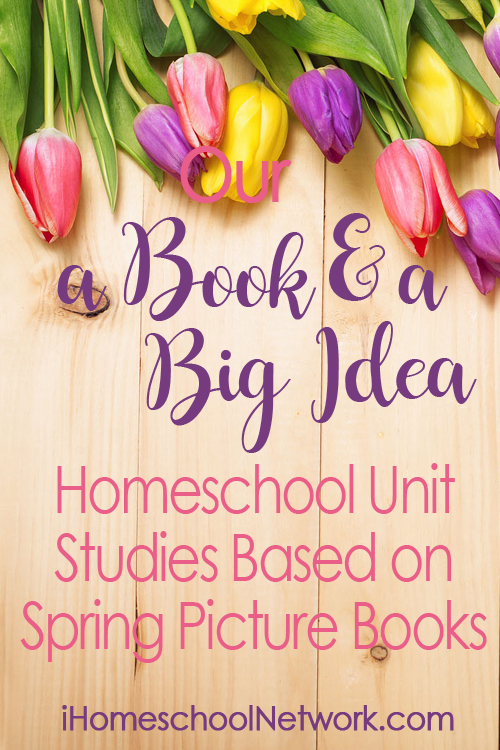I am so fed up by people who say that if you teach a toddler or preschooler anything academic, you are abusing them. This is complete bunk. All of my children loved being empowered to learn to read. I spent five minutes a day on it, and they were never upset; they always loved it.
The same with any other academic skill. They gobble it up. They love it, if it is done when they are well-rested and want to do something new. I’m not talking about workbooks. I’m talking about teaching something for five or ten minutes, maybe about an animal, maybe about numbers. Counting some frogs in a picture book takes a few seconds. It is interesting to the child. To call this abuse is ridiculous.
Studies have been done (What To Do About Your Brain-Injured Child by Glenn Doman) where babies with half their brain missing were given infant stimulation exercises and taught to read. By age two these babies were reading. They were not vegetables like the doctors said they would be. I’m sure their parents were so grateful, they had tears streaming down their face. Because the babies’ minds were stimulated, they thrived.
One reason toddlers cry all day and pitch fits is because they’re so bored. Their parents think that they can’t learn anything. The young children are just blobs that need to be fed and clothed. I wonder what they do all day. Watch TV while they’re waiting for their kid to grow up?
One statement that was made today in a workshop on preschoolers was that when all kids turn 18, they are the same. Not so. She said that someone who read at age 4 and someone else at age 7 (or even age 10) would be equal by 18. This might or might not be true depending on the personality of each of the children. But for me, my own children learned to read as toddlers. All my kids were reading independently (easy books) in their preschool years. By age 7, my oldest two sons were reading on a high school level. They’ve read so many classics in their free time. You can’t tell me kids can catch up on all the years they didn’t know how to read. They are not equals by 18. The kids that started earlier have a deeper knowledge of the world around them because they are well-read. They can pick up and read a book about any subject at any age and teach themselves from the vast treasure troves of knowledge.
Young children absolutely love learning, and their days are long, stretching out before them. They have nothing to do, except for what you do with them, and what you give to them. You can choose what will go into their minds. I taught my children the Word of God at young ages, too, and my children have such hearts for God now. They draw spiritual conclusions that are way beyond their years.
It’s worth teaching your young children.
Jady A interviewed me about Homeschooling in Early Childhood.
These were my responses to her questions:
For more information, check out the video workshop Early Childhood Education.
